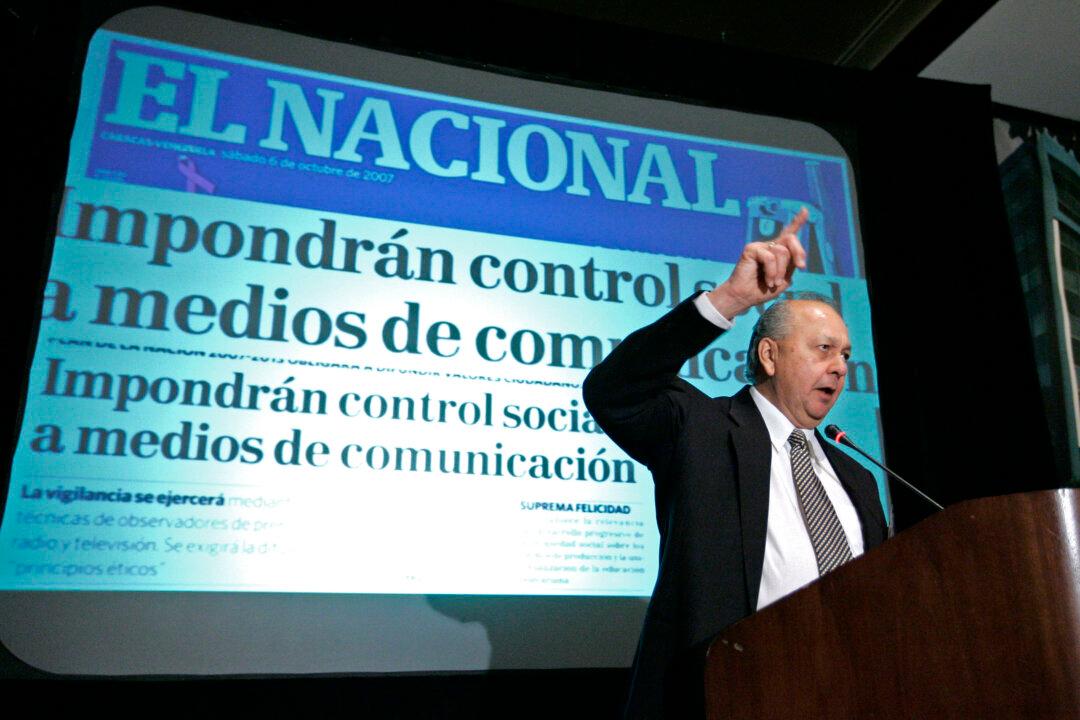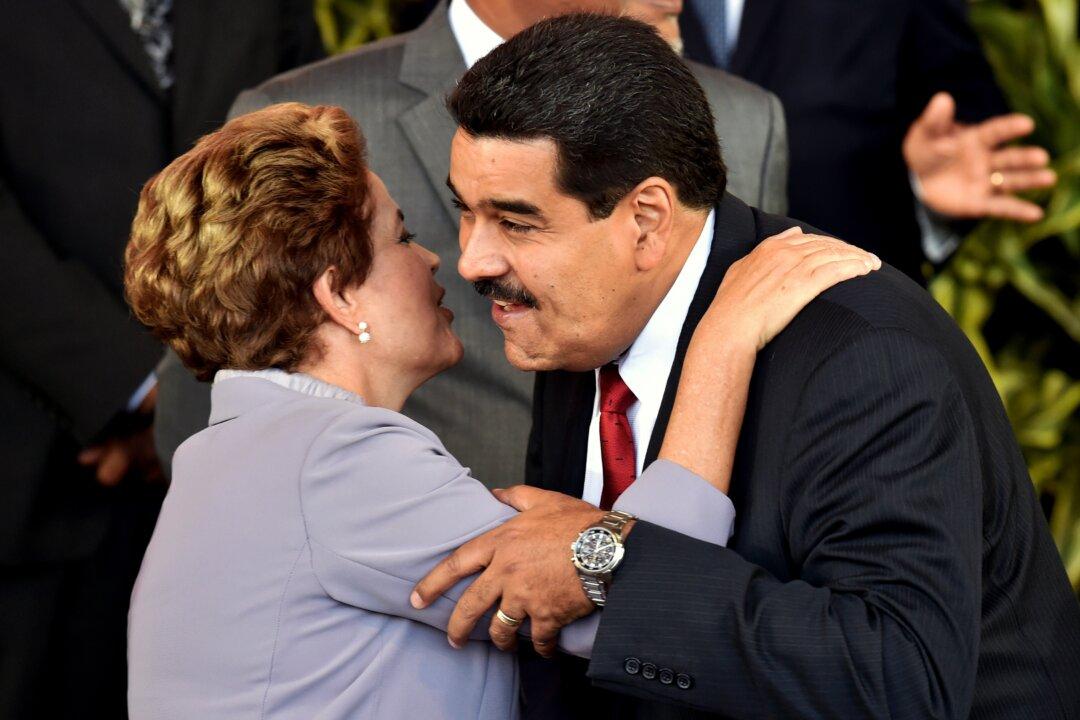A court in Venezuela’s mineral-rich state of Bolívar has sentenced David Natera, the 74-year-old publisher of one of the state’s last independent newspapers, to four years in prison for criminal defamation.
The sentence was handed down on March 11, less than a week after his paper, the Correo del Caroní, reported on the alleged involvement of state security forces in the disappearance of 28 miners in Tumeremo, a small mining town in the south of Bolívar state.
According to witnesses, the miners were celebrating a gold strike when a group of armed men, accompanied by what appeared to be Venezuelan military intelligence officers, opened fire. Juan Cohello, the father of one of the victims, told Correo: “The person who killed my son was wearing a military intelligence jacket.” So far, only 17 bodies have been found.
The state’s governor, Francisco Rangel Gómez, denied the massacre of the miners after it was first reported in early March of this year. It took four days for Venezuelan President Nicolás Maduro to acknowledge it. More recently, the state governor—a prominent supporter of Maduro—has rejected an investigation by the opposition-led National Assembly into the killings.
Resurrecting a Case
Just two days after Correo del Caroní reported on the alleged involvement of Venezuelan security forces in the massacre, a court in Bolívar state revived a moribund defamation case against Natera.
The criminal case was brought three years ago by Yamal Mustafá, a rival newspaper owner and key supporter of the governor. The sudden revival of the case was unusual, given that it had long passed the 18-month statute of limitation under Venezuelan law.
In 2013, Natera’s paper uncovered an extortion ring in the mining industry led by an army colonel. Several businessmen were arrested for alleged involvement in the case, including Mustafá. Last December, Mustafá was released provisionally—and without the notification of the public prosecutor.
Although the defamation case focused on articles written by reporters at the paper, not by Natera, the prosecution claimed that criminal responsibility rested on him as publisher. According to Natera’s lawyer, Morris Sierraalta, the judge handed down Natera’s prison sentence at one o'clock in the morning after a three-day trial. The court has refused to release the official record of the proceedings.

